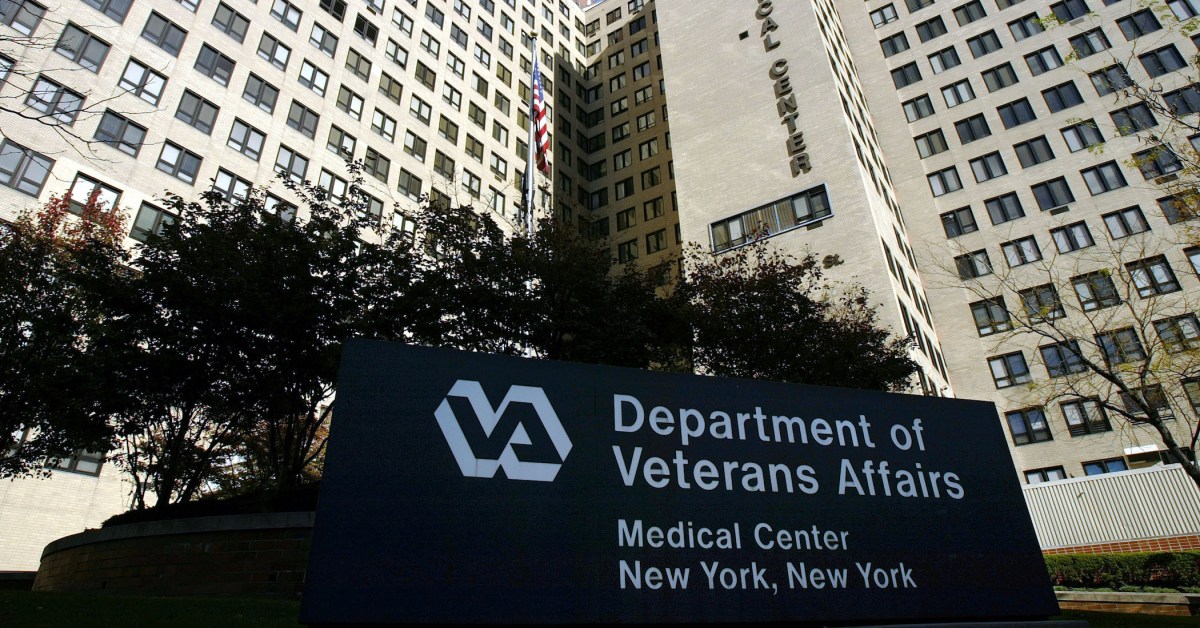VA struggles to bring on AI talent without a long-term budget from Congress

The Department of Veterans Affairs is struggling to staff positions that call for artificial intelligence talent due to the current continuing resolution in Congress, agency officials said Thursday.
During a press conference after the agency’s monthly LinkedIn Live series, #TalkingTech, Chief Information Officer Kurt DelBene and Chief Technology Officer Charles Worthington reported that the VA Office of Information Technology has “line of sight” to hire “multiple hundreds of people,” including those with AI capabilities to work with the emerging technology, but are unable to do so because of the current challenges posed by Congress’s failure to pass a long-term budget.
While the department is currently hosting one of its tech sprints, as required by the White House’s AI executive order, DelBene said that this project is using existing infrastructure and staff, much like other projects and initiatives throughout the VA.
“We want to staff up in the AI space in particular and that becomes challenging under a” stopgap spending bill, DelBene said during the press conference. “Obviously, the applied for budget in [2024] is larger than our existing budget and that’s what’s necessary to add more headcount. … We’re OK for now, but for long-term needs, we just need to get a budget.”
DelBene said he thinks that the agency will leverage existing staff throughout different parts of the VA, and that its desire to bring on new talent is a “modest request.” He noted that the Veterans Health Administration is already utilizing employees to work with AI.
“The core key is to bring it together, come up with a governance structure, come up with a prioritization of the different AI initiatives,” DelBene said. “We need that centralized group, and that’s one initiative that I think is really critical.”
During the event, Worthington said that the agency is going to try to scale its use of AI with the help of the VA’s National AI Institutes, which has been considering how the agency can responsibly adopt the emerging tech inside of the health care domain.
“We’re going to be expanding on that work and really looking at ways to safely scale up the use of some of these novel technologies in the workflows where it makes sense,” Worthington said. “I think that there’s a lot of opportunities to use this technology to make the software work better for our staff and for veterans.”
Worthington compared the adoption of AI to the department’s transition to cloud technology and the move to make digital services available for mobile devices. He also emphasized that the agency is taking a “measured approach” and is in the process of training and upskilling staff.
“I think in the coming year, and especially in the next few years, we’re really going to see a lot of those solutions reach scale,” Worthington said. “I think we need to be very careful on how we train our staff about how to use [AI], but with that training, I do think that there’s a lot of power that these tools can offer in a way that I’m really excited about.”

